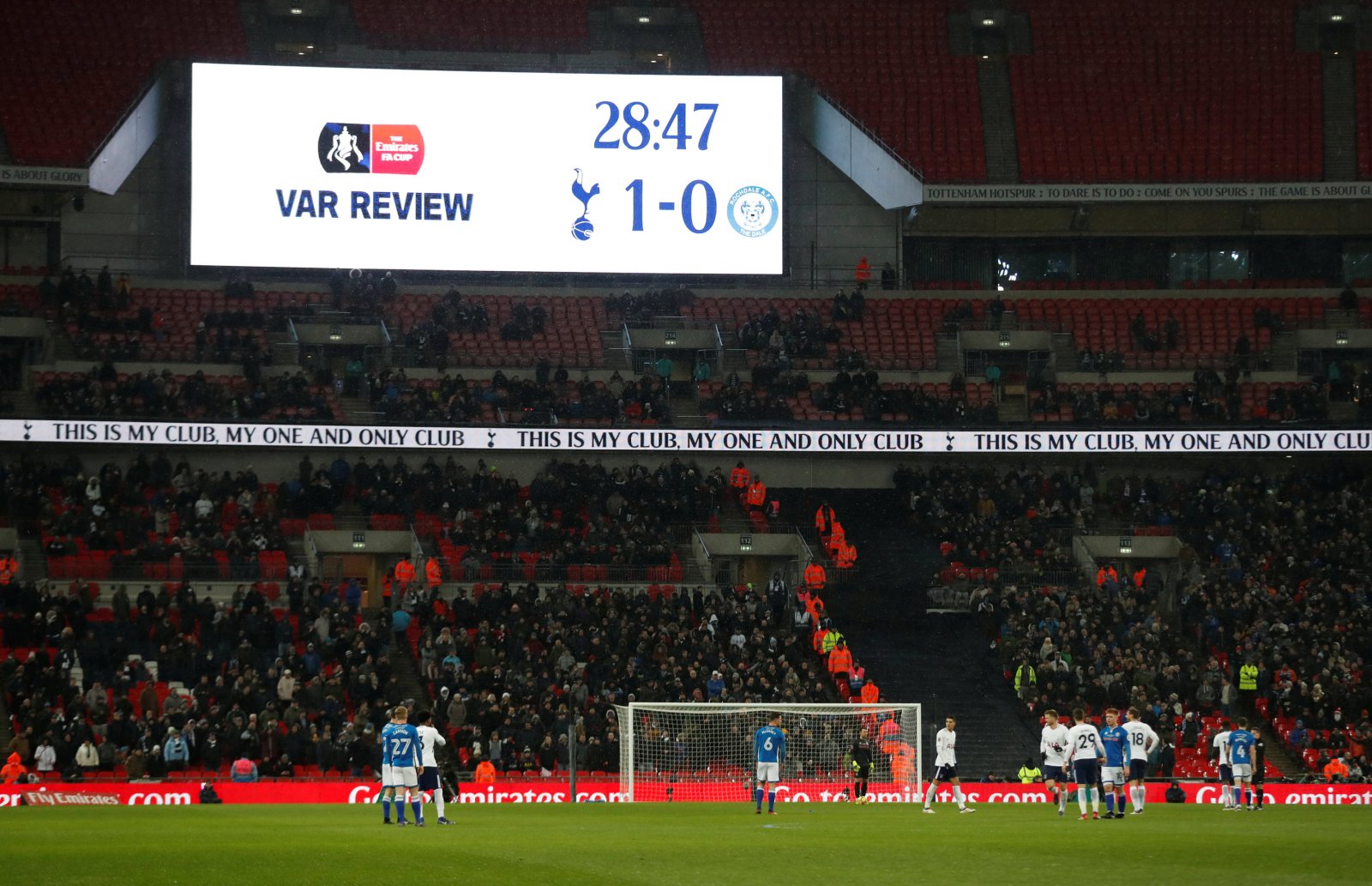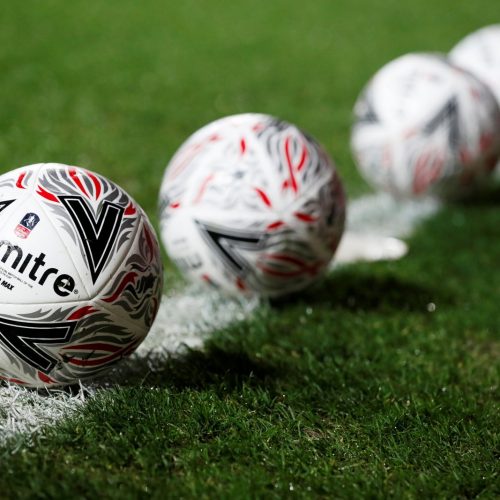Does VAR in football represent one extra erosion of the stadium experience?
The hot topic of football in Europe at the moment is VAR.
Video assistant referees are either ruining football or are the logical next step for a sport which hasn’t been updated since Victorian times, depending on your side of the fence.
It’s probably no surprise that this is a divisive topic given the issue at stake: this is an existential moment for football as we know it, one which would bring it from the realm of the basic, pre-technology game into the modern world, but in doing so could change the fabric of the spectacle.
Fundamentally, most sports date from a time when the most advanced technology was the ball itself, and perhaps that’s one of the reasons why the use of ‘video technology’ in football seems so alien. But in 2018 – almost 60 years since the first video replay was used in top-level sport – should we really consider video to be ‘technology’ rather than a fact of modern life? We don’t insist on Victorian standards of pitch maintenance or turnstiles.
But we’re talking about something which goes beyond the bells and whistles which are situated around the game. This is about updating it for a modern world.
Perhaps that, in itself, shouldn’t be so divisive. Other sports have done it and thrived, it’s just football which is reticent. But on the other hand, there’s one argument that comes up time and again when discussing the way VAR has been implemented in the game: why are the fans in the stadium left in the dark? Everyone watching at home is seeing replays, but he fans in the stands aren’t.
VAR rules out Lamela's goal (Llorente grappling with McGahey but "clear and obvious" error? Seemed both grappling). No communication to fans inside ground during considerable delay, something FA/IFAB have to address.
— Henry Winter (@henrywinter) February 28, 2018
Above all other criticisms this one seems to hit home the most. It’s not just the fact that the game becomes fragmented from the stopping and starting, nor the fact that these are subjective calls which still leave room for disagreement – though these are legitimate complaints, too. The biggest issue seems to be how the fans in the stadium are removed from the process.
It’s fair to say that this is an easy fix: putting the relevant information on the big screens in the grounds shouldn’t be too difficult (though perhaps not every stadium has such screens). It’s also true that doing this wouldn’t solve the other problems, which would still be raised as issues by those who oppose VAR’s introduction.
But it’s telling that this is one of the complaints.
With the addition of each and every new technology, the joy of football has grown further and further from the stadium. With TV, fans at home could get the best seat in the house, expert commentary and replays all from the comfort of their own living room – you can’t get that at the ground. The advent of smartphones and social media has allowed fans to use second screens for conversations as well as searching for stats and other information – you can only do that if your stadium has wifi, given that 4G networks are jammed by the fact that tens of thousands of people are packed into such a small space.
Now, with VAR, we have yet another part of the game which lends itself to the televisual experience, but not to the in-stadium one. Not at present, anyway.
And in a world where football clubs are selling what happens on the pitch less and less, and selling the TV spectacle and the content they can create around the game (interviews, social media videos, Netflix documentaries) this just seems to reinforce that all the more.
It’s a relatively easy fix, but you can see why it feels as though yet another introduction of ‘technology’ into the ancient game is again being used to take the spectacle away from those in the stadium. And for English football especially, that’s short-sighted. The passion and the noise of the fans is part of the spectacle that fans around the world collectively spend billions on every season. Take that away and you’re left with a lessened product. It’s both sad and worrying that it’s this aspect which is eroded with every passing introduction of tech.
About author
You might also like
Leeds United become first football club to sell official jerseys on TikTok
Leeds United is the first football club in the world to partner with TikTok to sell official merchandise and replica jerseys. Coinciding with the release of the new rhapsody purple,
Lewes FC Appoints Sue Anstiss To Its Board Of Directors
The Lewes FC Board is delighted to announce that it has co-opted Sue Anstiss as a Lewes FC Director. Sue has been a driving force for equality in sport for
Trustly extends partnership to become West Ham United Women’s Sleeve Partner
West Ham United is pleased to announce that Trustly has enhanced its relationship with the Club by becoming the Women’s Sleeve Partner. Trustly, the leading global account-to-account payments platform, became








